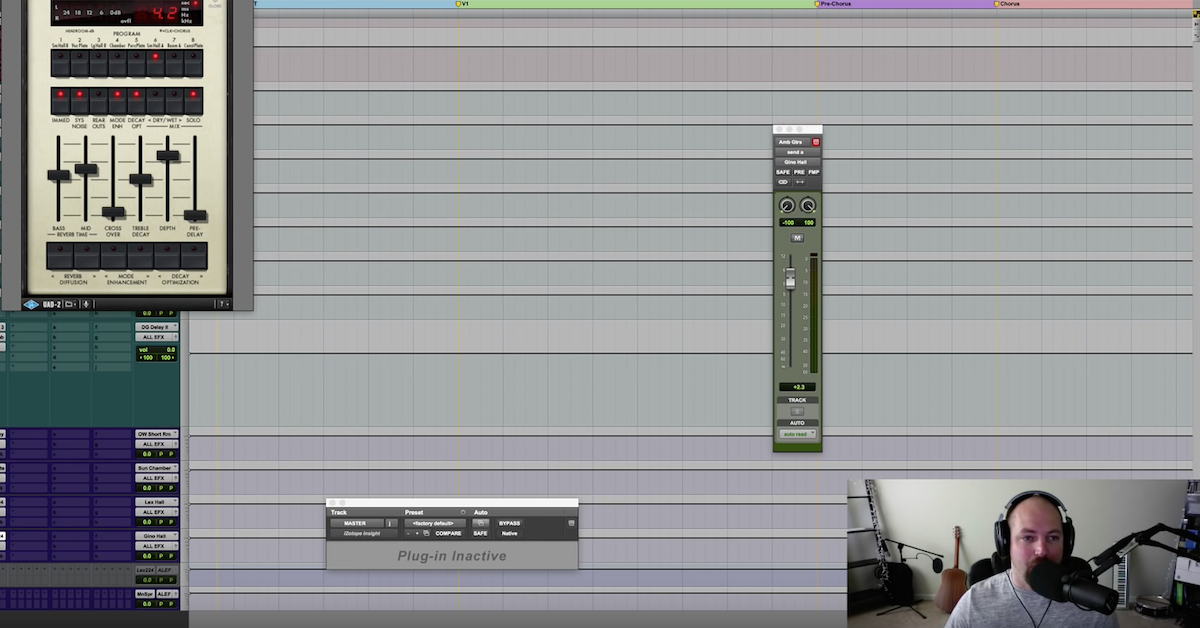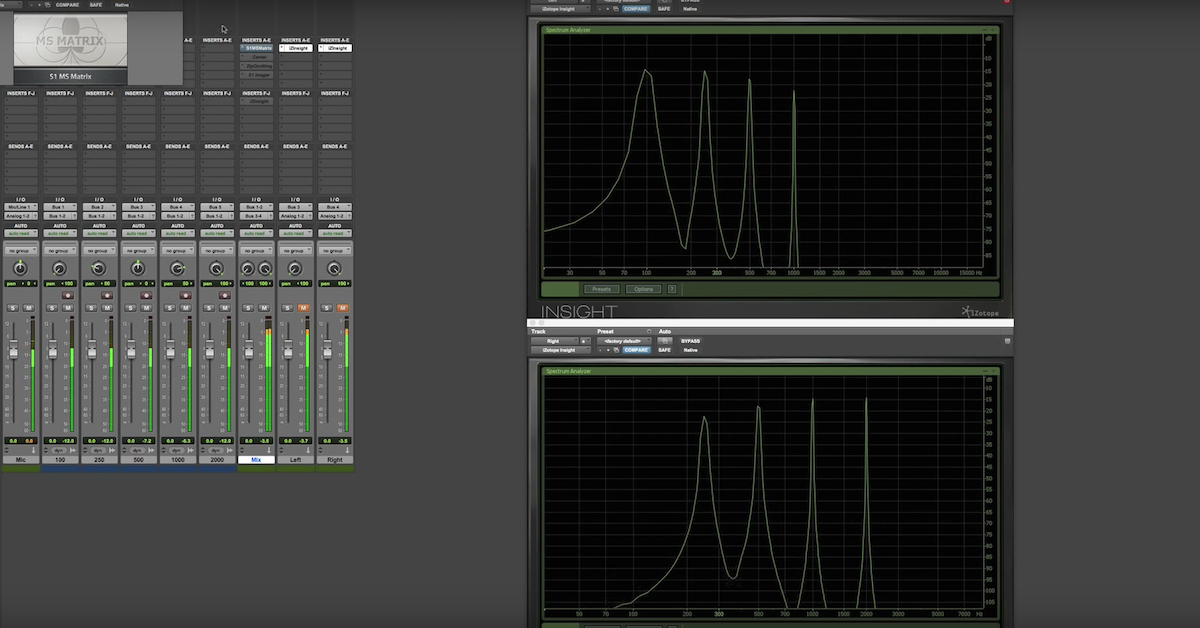Interview with Emmy-Winning Sound Effects Editor Dan Kenyon
Article Content
When I met Dan Kenyon, we were both young audio engineers fresh out of college, living in Chicago. We moved to Los Angeles around the same time, and it’s been an honor watching him progress both within the audio industry, and as a person.
He’s worked on a number of TV Series, Feature Films, and recently won a 2017 Emmy for his work on The Beatles: Eight Days a Week – The Touring Years. I sat down with him recently to ask him about his work.
Thanks for doing this, Dan. To start, what got you interested in sound in the first place?
Thanks Ian. My interest in sound started with music. I was in a band all through high school and I really enjoyed writing and playing music. I never wanted a “normal” job so when I went to college I decided to study music engineering. After a few weeks and being surrounded by film students I started working on student films. At that point, I knew that was what I wanted to do. The more I learned about the process the more fascinated I became with it.
Can you describe what the job of “Sound Effects Editor” entails? What does a typical day of work look like?
A sound effects editor is one of several positions on a post-production sound crew. He or she is responsible for re-creating all of the sound in a film or television show except for the dialog (the words spoken by the actors) and the music. Literally, every sound you hear is recorded, chosen or created for a specific moment in a specific scene. My typical day is spent in a studio selecting, manipulating and editing sounds in sync to picture.
What are the most common challenges that you run into in your work?
There are a quite a few but probably the greatest challenge is working with post-production schedules. I have a lot of little deadlines that I have to meet throughout the duration of working on a film and they are always changing. When I first start a movie I typically have only a few weeks to do a pass on the entire film. Think of it as a rough draft that will eventually be refined and detailed. We do a number of short temp mixes so that the studio can send the movie to a theater and test it in front of an audience. When the results come in, the studio will re-cut the film. My work has to then be conformed to the new version of the picture. At the same time, I’m also responsible for refining my initial pass and addressing any sound notes that the studio, producers, directors or picture editors have. A big part of sound editing is time management.
Technology is an important part of the audio engineering profession, both in music and post-production. Are there any tools that you consider life (or at least time)-savers? If so, why?
For me there are two. The first is a microphone. If you don’t have the appropriate sound for a scene you have to go get it! There’s nothing more satisfying than recording the perfect sound and putting it in sync with the picture. The second is my iPad and control surfaces. These allow me to get my hands on a lot of controls and shortcuts that allow me to efficiently edit, manipulate and mix my work as I go. At a certain point, all of the buttons and key commands become second nature and you can focus fully on being creative.
At least in music production, the loudness of a final product has become a bone of contention, and music streaming services are even normalizing the LUFS-level of productions. Is there a similar situation happening in post? Are there any tools or techniques that you use to monitor and reach a certain standard, loudness-wise?
In theatrical film mixes we mix with our ears. Our edit rooms and dub stages are set to the same level that movie theaters play back the soundtrack. We do use limiters to prevent distortion but other than that there are no guidelines. Is the dialog too low? Are the gunshots too loud? Does the level of the music convey enough emotion or should it be louder? It’s all subjective and that’s why you hire good Re-Recording mixers. The final product is a result of decisions made by the post sound crew, producers, directors, picture editors and the studio.
How important is collaboration and working well with others in your profession?
Collaboration is essential. As a sound effects editor it is my responsibility to make the initial creative choices and decisions. My work must be approved by my supervisor before being presented to the client for review. From there it makes its way to the dub stage for a mixer to adjust and finesse into the rest of the mix with the dialog and music. Throughout this process we are constantly collaborating, discussing and making changes to get to the best sounding mix. It’s important for this process to be fast and efficient.
When you look back on a finished production, what makes you most proud?
I think I’m most proud when I can incorporate something personal into a project. When you have a recording of something that only you have, and it’s the perfect sound for what’s on screen, or you come up with an interesting idea and it WORKS, there’s nothing more satisfying. It connects you to the project and gives you a sense that you’ve left your mark.
Do you have any advice for young engineers wanting to pursue audio-post as a career?
I would recommend working on as many projects as you can. Short films, feature films, commercials, web series, tv shows, independent pilots, etc. Do it all. Work on projects where you alone have to cut sound effects, cut the dialog, and do the final mix. Use the forums and tutorials to see how the pros are editing and mixing. Collaborate with picture editors and directors. Network with other sound editors. Do your research on the local audio-post facilities and get in touch with them. At times, it can be a bit awkward making those phone calls. I actually had a receptionist laugh at me when I asked if they were hiring interns! But if you’re committed and you emerge yourself, educate yourself, and grab on to all of the experience you can get, you’re doing the right thing.





